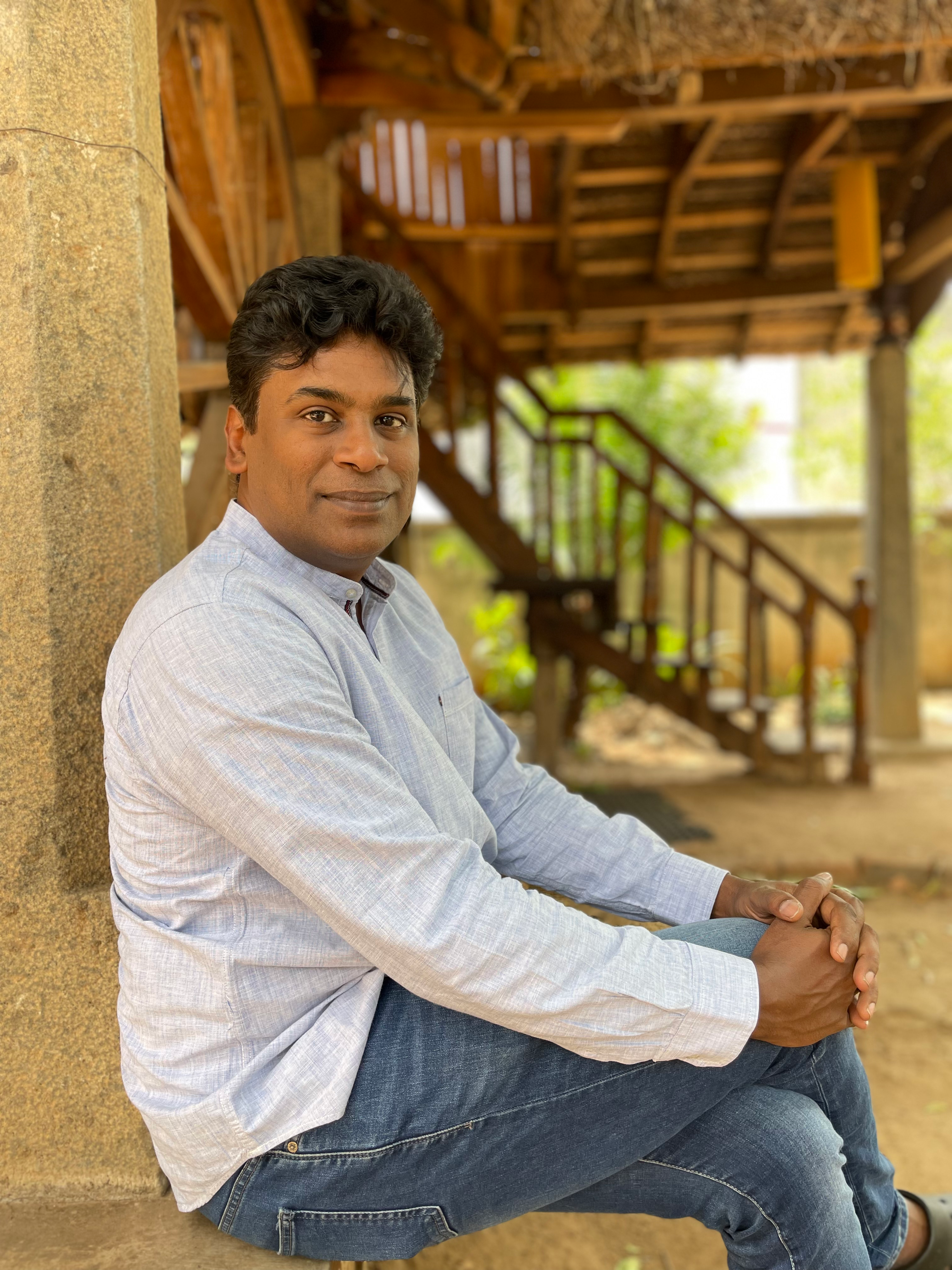- Citizen KK

- 1 min read
A dear friend’s mother left this earth in September 2025, just as the autumn leaves began to turn and the chill of winter whispered its arrival. Across all my visits to their home, one word always echoed in my ears: "Sonu." It means "Gold"—and that is how she always addressed him.

Her passing, and his unwavering commitment to be by her side, touched me deeply. He cared for her during her final years with the dedication of a saint—taking no vacations, never leaving her side.
To the world, a man is just a man—sometimes wanted, sometimes unwanted; to some a nobody, to others a somebody. But to her, he is always just "Sonu."
My friend remains single. His mother always hoped he would marry, simply because she wanted him to be cared for. But I have no doubt that the strength of a mother's will is enough to bend the universe. I know he will always be cared for when he is needed, whether he marries or not.
I wrote "Sonu" in Tamil and English, and collaborated with Google to translate it into Hindi, Telugu, Kannada and Malayalam. Please pardon any errors in the languages I know little —I would love to know the correct phrasing if you spot a mistake!
Here it is for you.
Best,
Citizen KK
in English: https://vimeo.com/1149680623/6bfcb1563e in Tamil: https://vimeo.com/1149681168/2826c91c19
in Hindi: https://vimeo.com/1149683406/26c6c0a75f
in Telugu: https://vimeo.com/1149688278/ea89f5a640
in Kannada: https://vimeo.com/1149843240/01150004e8
in Malayalam: https://vimeo.com/1149842787/6b4371d418





